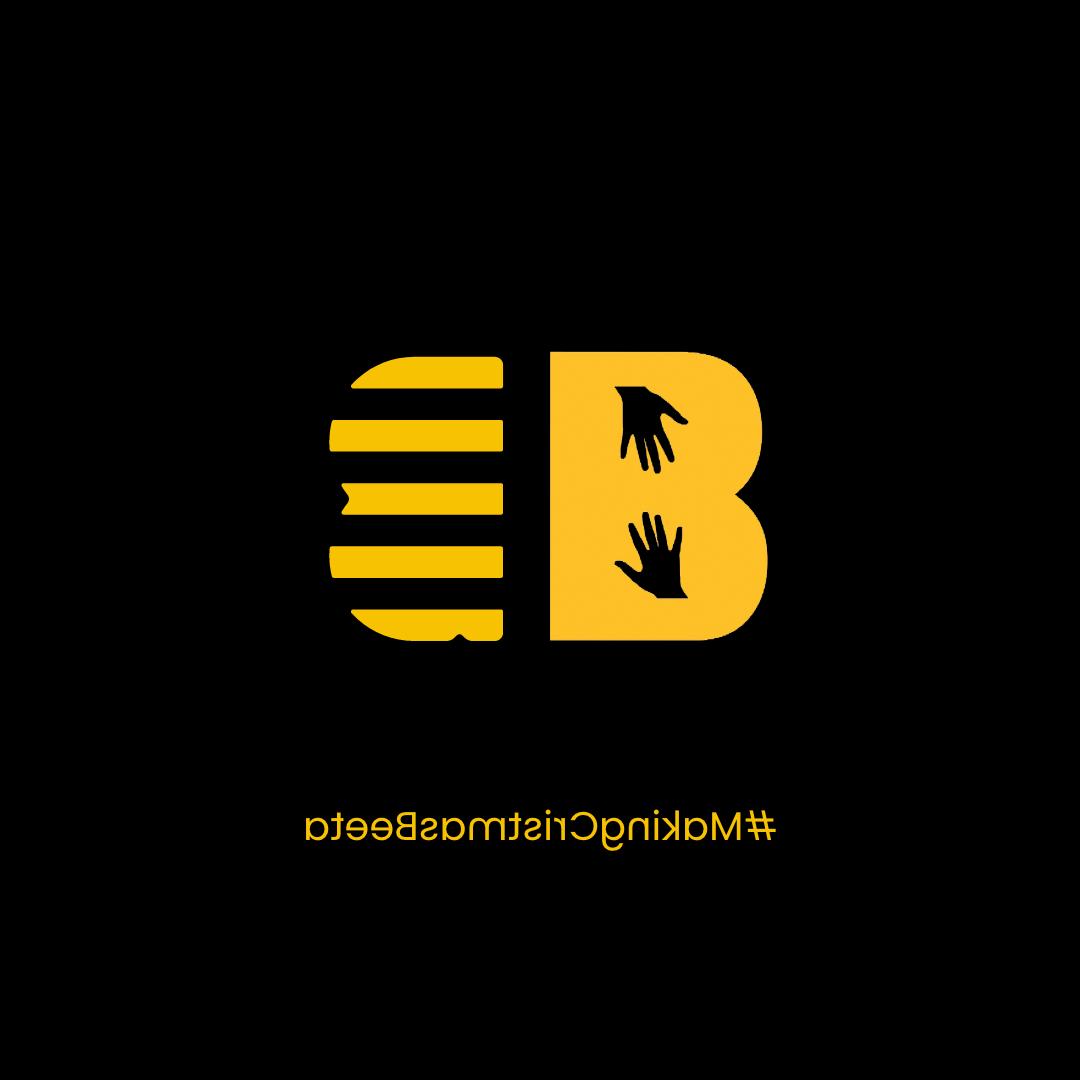
GCHQ Unveils Giant LGBT+ Inspired Artwork At HQ To Celebrate Turing Legacy
GCHQ today unveiled a giant LGBT+ inspired artwork of Alan Turing in the middle of its HQ to celebrate his legacy and becoming the first gay man to appear on a UK banknote.
Turing is the father of modern computing, a pioneer in artificial intelligence, and instrumental in breaking the German Naval Enigma cipher at Bletchley Park – GCHQ’s wartime home – during the Second World War.
Today during Pride Month and on what would have been his 109th birthday, he becomes the first member of the LGBT+ community to appear on a UK banknote.
Director GCHQ Jeremy Fleming said:
“Alan Turing was a genius who helped to shorten the war and influence the technology that still shapes our lives today. He was embraced for his brilliance but persecuted for being gay.
“Turing’s legacy reminds us every day that diversity is essential and inclusion is mission critical to our organisation. His appearance on the £50 note is an important moment in ours and this country’s history. Turing was and remains a beacon of hope for all who dare to live and think differently.”

The 10m x 10m artwork, created by specialist 3D artist Joe Hill in consultation with staff from GCHQ’s Pride network, features the iconic image of Turing inside wheels from the British Bombe, the machine designed by Turing to break Enigma-enciphered messages during the Second World War, providing vital intelligence to the Allies and saving millions of lives. The artwork, which also features 15 hidden codes, will later be donated to a number of organisations chosen by GCHQ’s Pride network.
Skylar, Head of GCHQ’s Pride Network said:
“Alan Turing is a role model for many here at GCHQ and a global icon as an LGBT+ person in the field of science and technology. Though we should never forget the tragedy of his life being cut short, we should always endeavour to learn from his legacy and create a safer and better future for LGBT+ people.
I am proud to see GCHQ recognising the importance Alan Turing has for LGBT+ people, owning its shared history with our community and doing so in such a public and bold way.”
Turing joined the Government Code & Cypher School – GCHQ’s wartime name - in 1939 to help with the code-breaking effort during the Second World War, working alongside Dilly Knox and later Gordon Welchman. Turing was a leading cryptanalyst at Bletchley Park, and spearheaded the effort in Hut 8 focusing on the German Naval Enigma. Here he worked closely with Joan Clarke, a cryptanalyst who worked with Turing to break the Enigma cyphers. She was also Turing’s lifelong friend and for a short while his fiancé.
In January 1940, Turing met with Polish counterparts in Paris, who gave him the insights he needed to design the Bombe. The Bombe was the first special-purpose British cryptanalytic machine and made a major contribution to the exploitation of Enigma. Like the artwork, its ‘drum’ wheels were also colour coded. The combination of the Bombe and the brilliant minds and perseverance of those working at Bletchley Park led to the breaking of Enigma.
In late 1942 Turing went on a liaison trip to the USA where he worked on investigating secure speech systems and helped with the development of what would become the US cipher machine SIGABA. After his return to the UK in 1943 he developed a portable secure voice scrambler (codenamed Delilah) at the secret UK government laboratory at Hanslope Park. His skills at finding and exploiting weaknesses in other people’s systems made him best placed to design new secure systems.

After the War
In 1945, Turing left GCHQ to work at the National Physical Laboratory in London. While there, he worked on the ACE (Automatic Computing Engine) which was the first detailed design of a stored-program computer.
In 1948, Turing joined the Mathematics Department at Manchester University. A year later, he became Deputy Director of the Computing Machine Laboratory. Working with Max Newman, he led a team that produced Britain's first general-purpose stored programme computer (the Manchester Mark 1) and then the first commercial computer (the Ferranti Mark 1). In 1950, Turing turned his attention to artificial intelligence and proposed an experiment attempting to define a standard for a machine to be called “intelligent”, this became known as the Turing Test.
In January 1952, Turing was prosecuted for indecency over his relationship with another man in Manchester. During the trial, Hugh Alexander, the Head of Cryptanalysis at GCHQ, was given official approval to go and speak as a character witness on Turing’s behalf, saying in court that he was a national asset. In March 1952, Turing pleaded guilty to the charges and was given a choice between imprisonment and probation; he chose probation which was conditional upon him undergoing hormonal treatment intended to reduce his libido.
On the 8th June 1954, Alan Turing took his own life.
In a speech for the 100-year
anniversary of Alan Turing’s birth in 2012, GCHQ’s then Director Iain
“We can't rewrite the past. We can't wish mid-twentieth century Britain into a different society with different attitudes. We can be glad that we live in a more tolerant age. And we should remember that the cost of intolerance towards Alan Turing was his loss to the nation.”
In a speech at the 2016 Stonewall Workplace Conference then Director Robert Hannigan also paid tribute to Turing as a “a genius, as a problem-solver who was not afraid to think differently and radically”. He also apologised for the historic treatment of the LGBT+ community by the security services, with a security bar to LGBT+ individuals in the intelligence agencies being in place until 1991.
Today GCHQ has a thriving Pride network, helping to ensure the agency has an inclusive workplace culture for its LGBT+ community. In the past GCHQ has been recognised by Stonewall and Pink News for its work in this space and more recently has introduced a new trans policy which seeks to ensure our trans-inclusive organisation treats all individuals’ gender identity and expression with dignity and respect.









